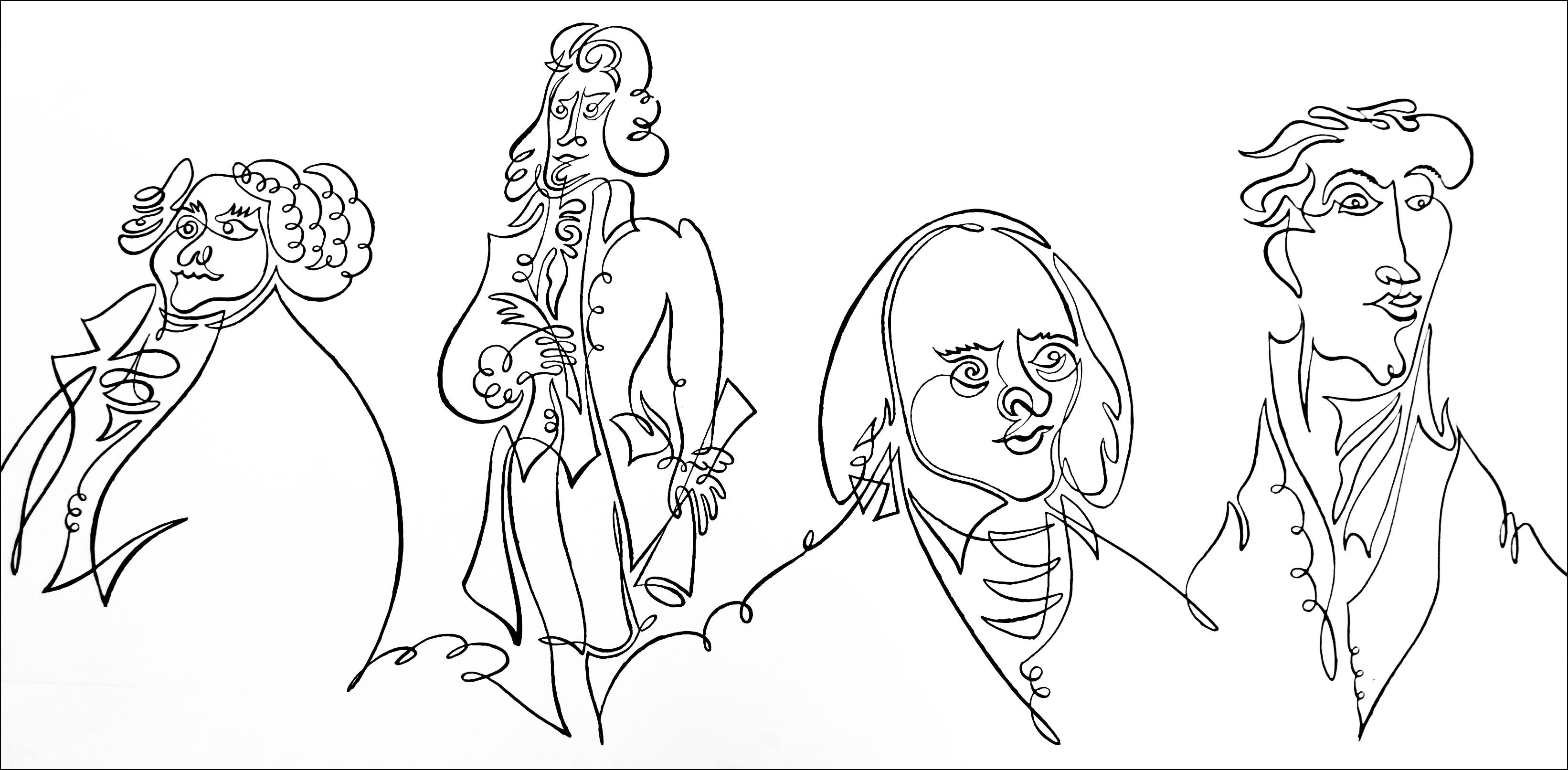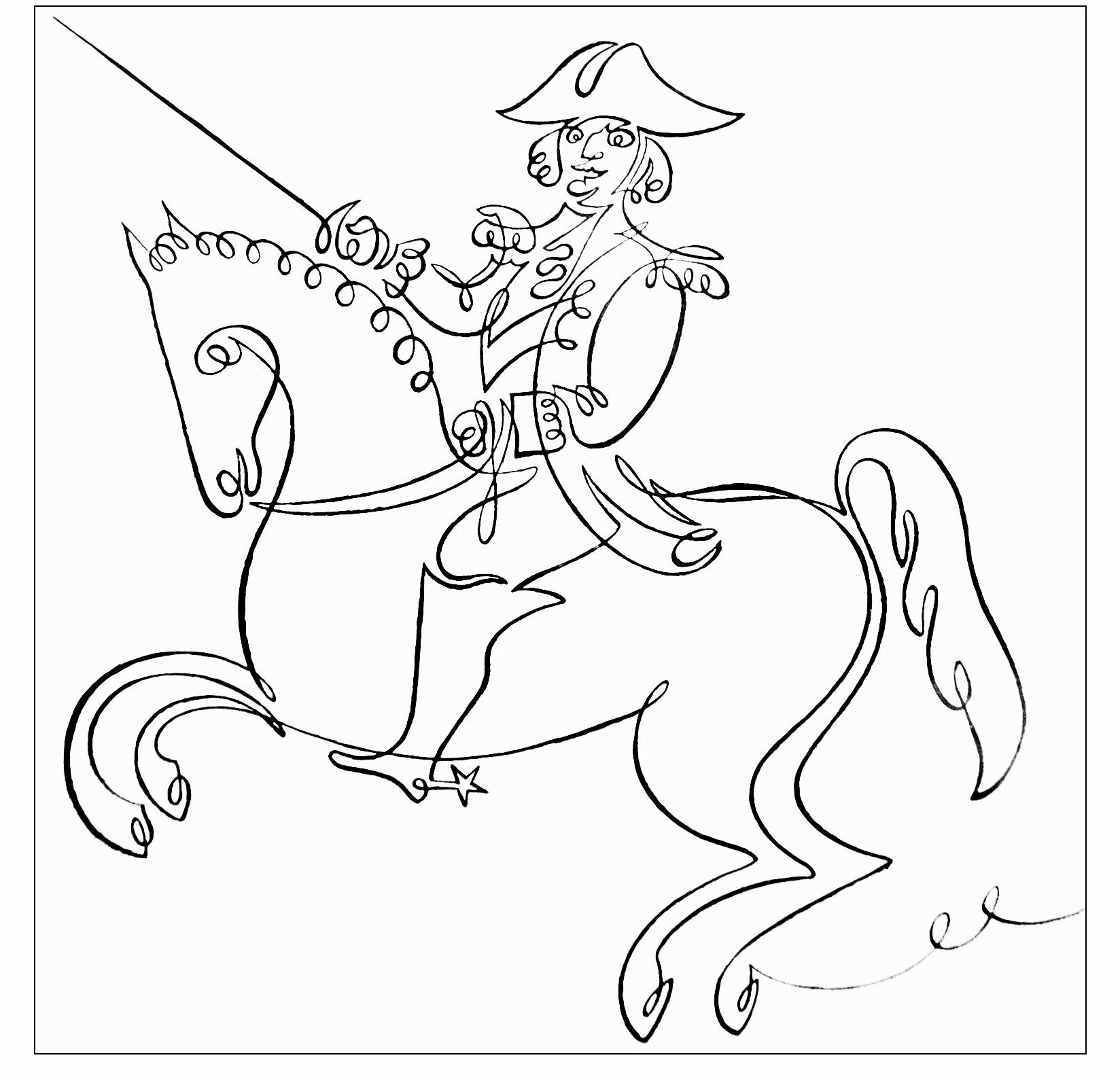Authors:
Historic Era: Era 3: Revolution and the New Nation (1754-1820s)
Historic Theme:
Subject:
October 2022 | Volume 67, Issue 5


Authors:
Historic Era: Era 3: Revolution and the New Nation (1754-1820s)
Historic Theme:
Subject:
October 2022 | Volume 67, Issue 5

Editor’s Note: We asked Mike Purdy, a historian and author of 101 Presidential Insults: What They Really Thought About Each Other — and What It Means to Us, to share with us some of his favorite insults that U.S. Presidents threw at each other. Mr. Purdy is also the author of the recently published book Presidential Friendships: How They Changed History.
In the loudly partisan times we live in, we’re inundated with insults thrown back and forth by politicians. But were leaders in previous eras really more civil?
We may be tempted to place on a pedestal many of the 45 men who have held the presidency, until we see examples of their often-intemperate comments about each other. These men had sharp tongues and poisonous pens. Their politics enflamed passions, their policies shattered relationships, and their personalities inclined them toward caustic criticism.
The acerbic statements presidents made about other presidents (before, during, or after their presidencies) may not be shocking today. But they are sometimes as disappointing as they are amusing.
Here, in chronological order, are a dozen of the juiciest and most surprising insults of presidents by their peers:
Washington, whose noble visage is engraved on Mount Rushmore, always had his eye on how history would judge him. He worked hard to be a model of civility, though he was known to have a volcanic temper.
While he clearly was the best man to serve as our first president, he had his flaws, and his often-envious vice president, John Adams, was never hesitant to point them out.
In a letter to Benjamin Rush, Adams wrote this after Washington’s death: “That Washington was not a Scholar is certain. That he was too illiterate, unlearned, unread for his Station and reputation is equally past dispute.”

For all his virtues, John Adams was often a lightning rod because of his in-your-face style of discourse.
In one of the unintended consequences of the Constitution before it was amended in 1804, the election of 1796 saw the Federalist Adams elected as president, with the Democratic-Republican Thomas Jefferson as vice president. It was our first contested presidential election.
Three months after both were inaugurated on March 4, 1797, Jefferson bad-mouthed his boss. He told the French consul-general that Adams was “distrustful, obstinate, excessively vain, and takes no counsel from anyone.”
Jefferson never intended his remarks to become public, but the Frenchman wrote to his nation’s foreign minister, recounting that private conversation with Jefferson.
For